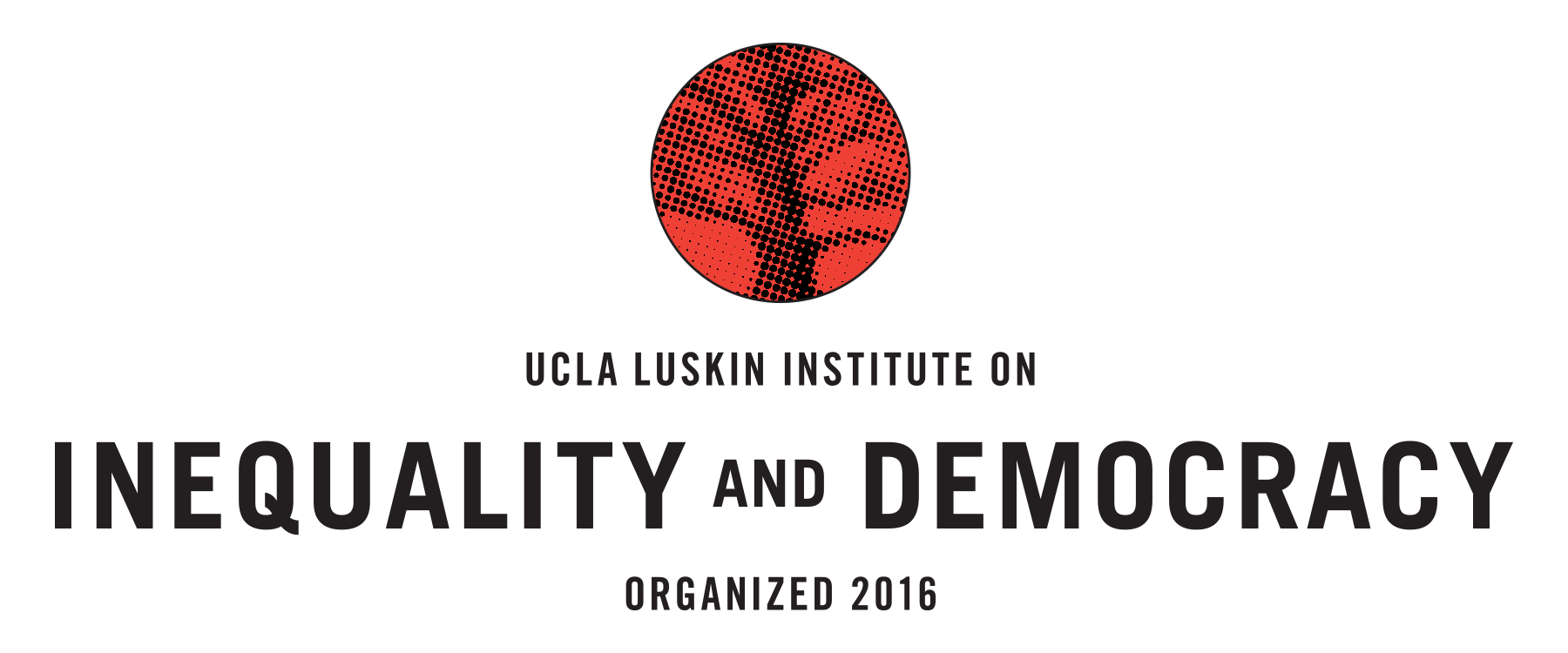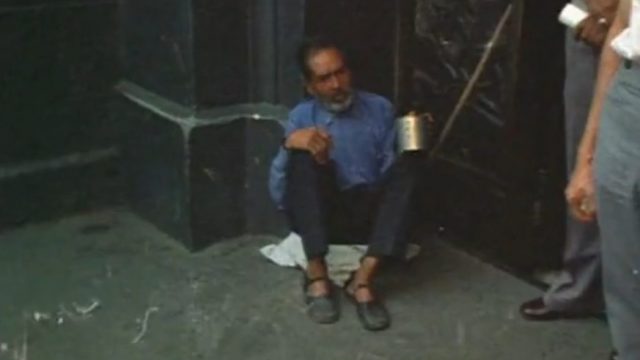Agarrando Pueblo de Mayolo-Ospina. Image credit: Bastante Animados
Amy E. Ritterbusch, Social Welfare, UCLA
“Bloodsucking Vampires of Poverty [Agarrando Pueblo!!!]!!! You only come here to make people laugh in faraway places…
Take your cameras and get out of here!!!” 2
After many years of working together in the wrenching terrains of ‘participation’ – ‘action’ – ‘research’ in the streets of Bogotá and Kampala, this project represents the political afterlife of each relationship included in this research justice collective. Professor Ritterbusch and team join forces through a process of self- and collective reflection involving collective remembering, collective reparation, and collective dreaming for justice.
In this project, Professor Ritterbusch and team are interested in exposing the silencing and silences implicit in traditional research practices. Here she outlines the three research justice outcomes of the project:
- A space for collective imagining for translocal, community-driven learning and dialogue about the academy’s role in leading restorative justice initiatives in the communities historically rampaged by science;
- A collective, radical writing project that sends a message about science reparation;
- A dissemination platform that takes the academy to the streets, radicalizes the forms of producing and sharing knowledge, and reaches beyond the confines of academic publication traditions.
The research justice collective imagines a public science that is anti-capitalist, feminist, anti-racist, and decolonial and that divests from ivory-tower classism and exceptionalism. Professor Ritterbusch and team collectively imagine a public science that does not divide along community-university, activist-scholar lines but rather forges a different space for dreaming one’s way out of this toxic political era that not only sucks the blood of historically banished communities but capitalizes on marginalization, criminalization, and incarceration. From street-connected children and adolescents in Kampala, to system-affected youth in California, to survivors of police violence, international adoption, forced displacement and class violence in Colombia, the research justice collective will share space on ‘uncommon ground’ 3 as they reflect on where to start as a project of simultaneously and collectively ‘DesAgarrando Pueblo’ (or returning dignity, representation and voice to rampaged communities) and Decolonizing the University (or reclaiming the ivory-tower with the fire and fight of historically marginalized communities both in the academy and in the streets).
This research justice initiative draws from Tuhiwai Smith’s (1999) discussions of ‘re-writing’ and ‘re-righting’ as practices that contribute to the decolonization of traditional modes of research. In a critical practice of ‘re-writing’ and ‘re-righting,’ the final outcome of the proposed research collective may be in the format of chapters 4 of a book or any other form of expression that serves as a powerful platform of dissemination of the intent to ‘DesAgarrar Pueblo’ through collective reflections. The collective’s signposts challenge them to: (1) Repel extractive research practices and exclusionary writing practices…toward decolonizing spaces of the academy; (2) Create an environment for collective inquiry and collective writing with community activists, doctoral students and faculty at UCLA and beyond; 3) Collectively produce and disseminate a public facing manifesto on the restorative and social justice implications of the act of ‘DesAgarrando Pueblo’ as part of a long-term decolonial theory of change in the academy.
Watch >> Agarrando Pueblo de Mayolo-Ospina
1 The term, research justice, has been employed by Professor Ananya Roy when describing the guiding principles and praxis for research conducted within the intellectual community of the UCLA Luskin Institute on Inequality and Democracy (2019, May 1 UHI Seminar).
2 Bastante Animados. (2011, August 29.) Agarrando Pueblo de Mayolo-Ospina [Video file]. Retrieved from vimeo.com.
3 Chatterton, 2006
4 Aware of the risk of employing the discourse of traditional publishing practices, the team uses chapter here to invoke a creative intellectual space where ideas, dreams and reflections from the past cohere. This may take the form, for example, of a book chapter, spoken word, the visual arts, poetry or a combination of any of these forms of expression.




